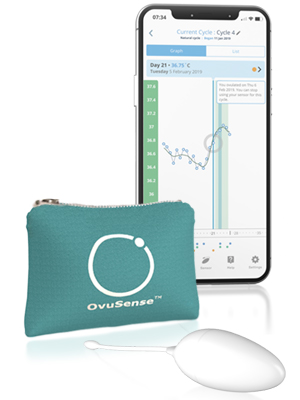Guest Blog By: Priscilla Goddard
Breastfeeding was always something I had planned on doing once I had my child — in fact, in my mind, it wasn’t even an option not to! But as a woman diagnosed with PCOS, I was repeatedly told that I would have a very hard time producing enough milk to nourish my child in this way.
With that in mind, but determined to do what I had always planned, I began to contemplate my “what if” scenarios – what if I can’t produce enough milk. This led me to order herbs to increase milk supply and stock up on gluten-free oatmeal to give my body the best chance possible.
Even as a holistic practitioner myself, and knowing that everybody is different, after months of being told that I would probably have challenges breastfeeding, I didn’t realize how much I had internalized (and even feared) that my doctors would be right. Fortunately, three days after having my son my milk came in like crazy and I cried happy tears that I was able to overcome this challenge so many women like myself struggle with.
My Postpartum Experience
Fast forward to around nine months postpartum, my husband and I start talking about trying to conceive another child. Unfortunately, as I was still exclusively breastfeeding, there was one thing standing in our way — no period.
When you exclusively breastfeed like that it takes a big toll on your hormones. According to research, mothers who fully breastfeed their babies are typically do not experience a menstrual period for 3 to 6 months or longer. This is called lactational amenorrhea, and according to one source, “out of 100 women who correctly use LAM during the first 6 months following childbirth, only 1 to 2 of them may become pregnant.”
In my case, the combination of PCOS and still exclusively breastfeeding meant that my body was not only not going to have a regular period, but unlikely to allow me to get pregnant right away. But as the months rolled by and my son began to nurse less often, I knew I needed to get a better understanding of what my cycle was doing before trying to conceive again. I began to delve deeper into my bag of holistic tricks, and after using some herbs in combination with a Traditional Chinese Medicine patch system, “Aunt Flo” came back at 13 months postpartum.
Why You Should Track Your Cycle With Breastfeeding
Unfortunately, even after your period returns, breastfeeding can continue to impact another major part of fertility, which is your luteal phase. According to research, breastfeeding causes a shortened luteal phase in many women.
For many women (like myself) this is particularly the case during the first few cycles after weaning and often returns to normal in time. I have struggled with this my first few cycles. However, there are some things you can do to help lengthen your luteal phase during this time, including certain breastfeeding-safe herbs, seed cycling, or progesterone.
What Should You Know About Breastfeeding & Your Cycle
Everyone’s cycle is different – and your body may even react differently following each pregnancy. As you look to better understand how your body is responding during this time, below are some of the quick answers to the questions you may have about breastfeeding and your cycle:
- Can PCOS have an effect on breastfeeding? Sometimes – milk supply issues are commonly reported in women with PCOS, but that doesn’t mean you can’t breastfeed. Supplements can help stimulate milk production, and your doctor may also be able to connect you with a lactation consultant to discuss specific concerns based on the severity of your PCOS.
- Does breastfeeding affect your fertility? Yes it can. It can block hormone receptors and sometimes make you anovulatory. Fortunately for most women, your fertility will eventually return — it may just take a bit longer. Be patient and listen to your body.
- Are there ways to bring your fertility back and keep breastfeeding? Yep! Using an ovulation tracker like OvuSense will help you understand what your body is already doing naturally. From there, there are numerous supplements and interventions that can help boost fertility while you continue to breastfeed.
- Does not having a period during breastfeeding mean you aren’t fertile? No, you can most definitely still be ovulating. You just aren’t flushing it out with a period yet.
- Will exclusively breastfeeding mean I won’t be able to try for another baby? No, it definitely doesn’t mean you won’t be able to get pregnant. Exclusively breastfeeding is not a foolproof birth control method. Some women can and still do get pregnant while breastfeeding. If you’re not ready for another baby yet, it is highly recommended to use a backup form of contraception, such as condoms, during this time.
Where I Am in My Journey
The best part about this fertility community is the ability to learn, share, and experience together. Today I am at 17 months postpartum. I still breastfeed on demand, I ovulate and have periods again.
I plan on continuing breastfeeding my son and trying to conceive baby #2 — with a huge helping hand from OvuSense of course— and I’m looking forward to sharing our journey with all of you.
Sending fertility fairy dust to all,
Xoxo
Priscilla
Priscilla Goddard is the Owner of Heirloom Fertility - Heirloom fertility is about healing. Healing from your roots and for your epigenetics. Because motherhood is your birthright. You can learn more by following her on Instagram.

